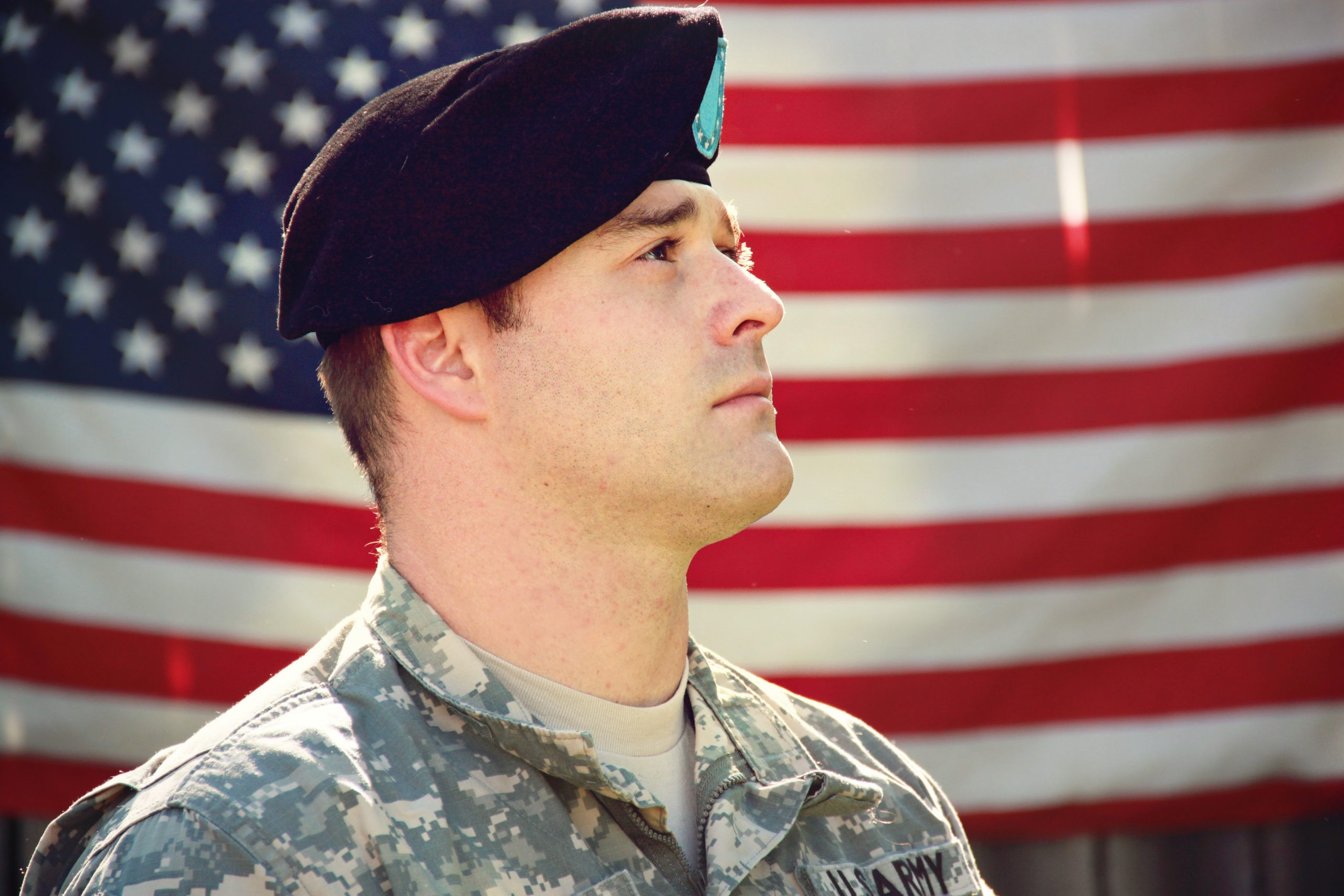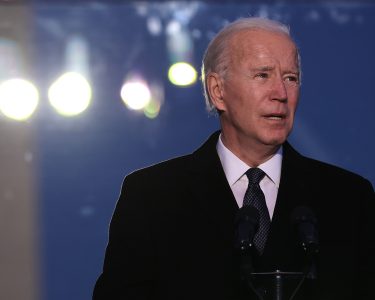The relationship between the military and politics in the United States has always been a complex and sometimes contentious one. From the founding of the country to the present day, the military has played a significant role in shaping American politics, and politics have influenced military operations and decision-making. In recent years, this relationship has been further complicated by a number of factors, including the ongoing war on terrorism, budget constraints, and the changing nature of warfare.
One of the most significant ways in which politics and the military intersect is through the chain of command. The President of the United States is the Commander-in-Chief of the armed forces, and he or she has ultimate authority over military operations. This means that military leaders are ultimately accountable to the civilian leadership, and they must follow orders that are consistent with the President’s policy objectives.
However, the military also has a degree of autonomy and independence, particularly when it comes to operational matters. Military leaders are trained to make quick and decisive decisions in the field, and they have the expertise to determine the best course of action in a given situation. This can sometimes put them at odds with political leaders who may have different objectives or priorities.
Another way in which politics and the military intersect is through the budget process. The military is one of the largest recipients of federal funding, and its budget is subject to scrutiny and debate in Congress. Military leaders must work closely with lawmakers to secure the funding they need to carry out their mission, and they must be able to justify their budget requests in terms of national security priorities.
In recent years, budget constraints have put pressure on the military to do more with less. This has led to a debate about the role of the military in American society and the extent to which it should be involved in global affairs. Some argue that the military is overextended and that it should focus more on domestic priorities like infrastructure and education. Others believe that the military is an essential tool of American power and that it must be maintained at a high level of readiness to deter potential adversaries.
The changing nature of warfare is also complicating the relationship between the military and politics. The rise of cyberwarfare and the increasing use of drones and other unmanned systems are creating new challenges for military leaders. These technologies are often difficult to attribute to a specific actor, and they can be used by non-state actors as well as state actors. This means that military operations must be carefully calibrated to avoid unintended consequences and to minimize the risk of escalation.
Finally, the ongoing war on terrorism has highlighted the complex relationship between the military and politics. The wars in Iraq and Afghanistan have dragged on for years, and the military has been called upon to carry out a range of missions, from counterterrorism to nation-building. This has put a strain on military resources and has raised questions about the efficacy of military force as a tool of foreign policy.
In conclusion, the relationship between the military and politics in the United States is a complicated one that is shaped by a range of factors, including the chain of command, budget constraints, changing technologies, and the ongoing war on terrorism. Military leaders must work closely with political leaders to carry out their mission, but they also have a degree of autonomy and independence that allows them to make quick and decisive decisions in the field. As the world continues to evolve, the military and politics will continue to intersect in new and complex ways, and both sides will need to be flexible and adaptable to meet the challenges of the future.




